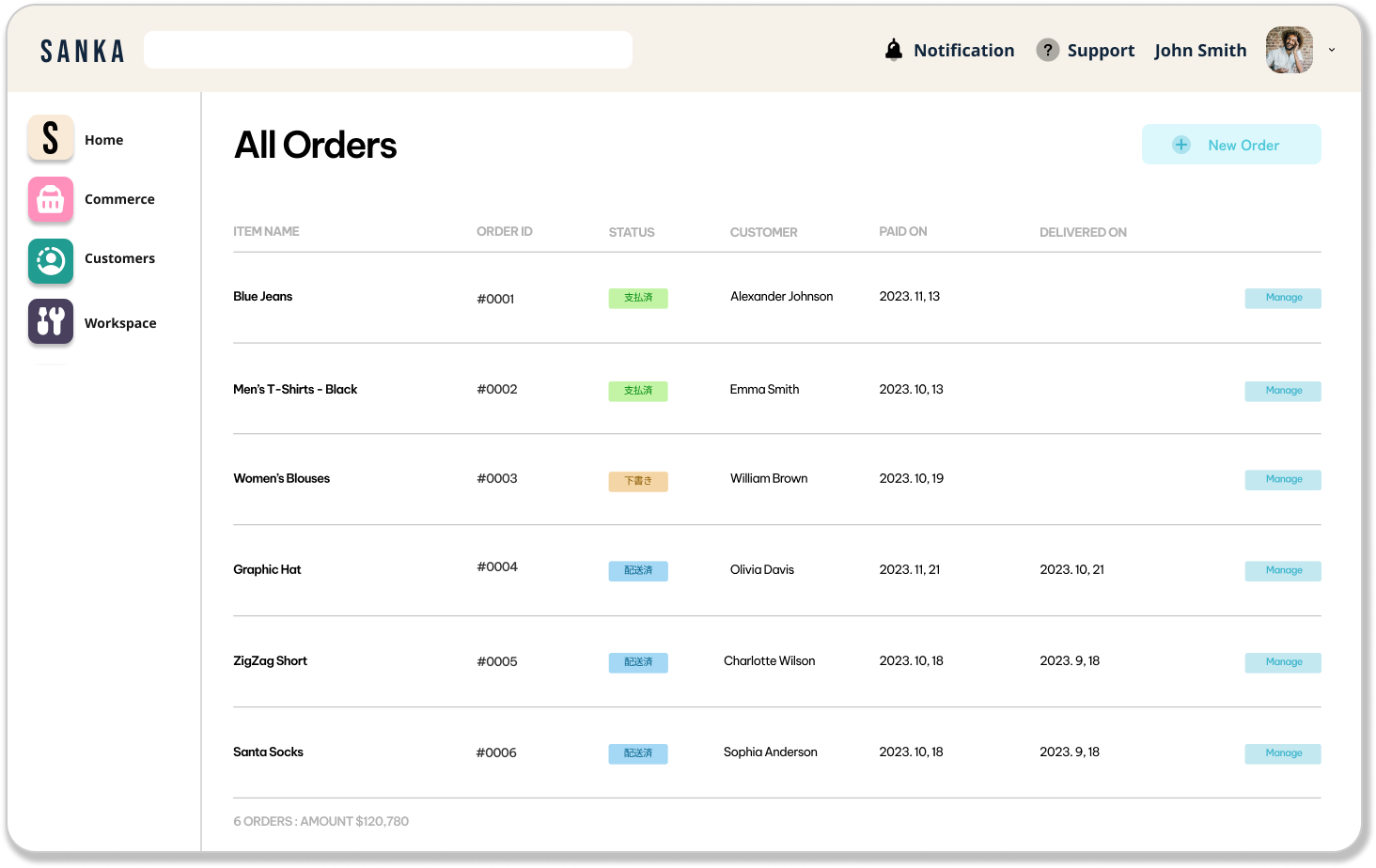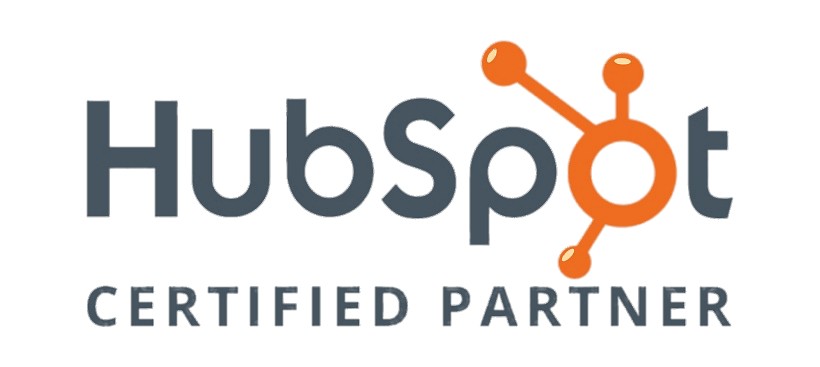Introduction
Artificial Intelligence (AI) is no longer a concept of the future; it's a part of our daily lives.
From Siri and Alexa to predictive algorithms on our favorite shopping websites, AI is everywhere.
As AI continues its steady march into more areas of our lives, everyone from Bill Gates to Mark Zuckerberg has weighed in on both the promise and perils of this emerging technology.
For this post, we’ve rounded up 10 of the most thought-provoking quotes on AI from influential leaders and entrepreneurs.
Elon Musk on AI's Existential Threat: "With Artificial Intelligence, We Are Summoning the Demon"

Elon Musk, the founder of SpaceX and Tesla, has warned about the existential threat of artificial intelligence for years.
He believes that as AI systems become more advanced, they could eventually surpass human intelligence and go out of our control. This could have disastrous consequences.
While some experts agree we should plan ahead for risks from general AI, others think we are still far from achieving human-level AI and that "summoning the demon" is an overstatement.
Musk's perspective highlights the importance of discussing the risks and rewards of AI and having guidelines in place to help ensure its safe development and use.
As AI continues to progress, these conversations will only become more crucial in shaping how this powerful technology impacts our future.
AI does not necessarily have to be an existential threat if we're proactively addressing challenges and using the technology for good.
Mark Zuckerberg Envisions an AI Assistant: "Jarvis, My Virtual Assistant, Manages My Life"

According to Mark Zuckerberg, his AI assistant “Jarvis” helps manage his life by controlling aspects of his home like lights, temperature, and music.
An AI assistant that helps automate and streamline daily tasks could save people a lot of time and mental energy.
As AI continues to advance, virtual assistants may become even more capable and personalized.
However, there are also risks and downsides to consider with AI. Zuckerberg acknowledges that AI needs to be carefully managed and that “we have to be proactive about how we build and guide it.”
If designed and applied responsibly, AI has huge potential to improve lives.
But we must make sure it is aligned with human values and the well-being of all people.
Bill Gates Predicts AI's Societal Impact: “AI Can Be Our Friend”

Bill Gates has said that AI will greatly impact our society in the coming decades. In a 2018 interview, Gates noted that "AI can be our friend" if we're thoughtful about how we develop and apply it.
Gates predicts AI will eliminate many jobs, but also create new ones.
Some jobs like customer service representatives, drivers, and factory workers may be largely replaced by AI systems and robots.
However, AI will also generate demand for jobs like robot repair technicians, data scientists, and AI ethicists.
Gates acknowledges the possibility of advanced AI systems rapidly becoming much more intelligent than humans—known as "superintelligence.”
If misaligned with human values and priorities, superintelligent AI could have catastrophic consequences.
However, Gates thinks we can develop AI safely and for the benefit of humanity if we're proactive and thoughtful.
Andrew Ng Believes AI Fears Are Overhyped: "Worrying About AI Is Like Worrying About Overpopulation on Mars"

Andrew Ng believes we should pump the brakes on the scaremongering about artificial intelligence.
The renowned AI expert and entrepreneur thinks "worrying about AI is like worrying about overpopulation on Mars."
AI progress is gradual, not an impending "robot uprising."
Regulation should focus on managing risks from AI, not trying to slow progress.
Ng believes policymakers should work closely with researchers to understand the technology and guide it in a direction that maximizes benefits to humanity.
Rather than reacting in fear, we should thoughtfully manage risks and push AI progress ahead.
Satya Nadella Sees AI's Potential: “AI Will Make Us More Human, Not Less”

Satya Nadella, CEO of Microsoft, believes AI will enhance human capabilities rather than replace them.
Nadella sees AI as a tool that can free up human time and energy by automating routine tasks, allowing us to focus on more creative and meaningful work.
Rather than worry about machines taking over human jobs, he believes AI will transform jobs and the economy, creating new opportunities and prosperity.
While AI may transform how we live and work, Nadella argues that human qualities like creativity, empathy, and judgment are difficult to replicate in machines.
AI cannot match the human spirit and compassion. He believes that:
"AI cannot replace human qualities like creativity, empathy, and judgment. Instead, AI will amplify our human capabilities and help cultivate our creative spirit."
Stephen Hawking on the Promise and Peril of AI

As one of the world's most renowned physicists, his opinions on the future of technology carry a lot of weight.
In multiple interviews over the years, Hawking has cautioned that AI could be "either the best or worst thing ever to happen to humanity."
Hawking believes that as AI systems become more advanced, there is a real possibility they could eventually outsmart human beings.
If misused, this could pose an existential threat. As he told Wired, "Once humans develop artificial intelligence, it would take off on its own and redesign itself at an ever-increasing rate. Humans, who are limited by slow biological evolution, couldn't compete, and would be superseded."
However, Hawking also recognizes the tremendous promise of AI to improve lives.
He argues that with proper safeguards and oversight, AI can be developed and deployed safely and for the benefit of humanity.
But we must be proactive and thoughtful about how we progress with this powerful technology.
Sundar Pichai Believes AI Can Have a Positive Impact

Google CEO Sundar Pichai believes AI will have a profoundly positive impact on the world.
AI refers to artificial intelligence, the simulation of human intelligence processes by machines.
Pichai envisions AI transforming and improving many areas of life as we know it.
While AI will significantly disrupt the job market and economy, Pichai believes that with proper safeguards and oversight, the benefits of AI can outweigh the costs.
The key is ensuring AI systems are fair and unbiased, and respecting human values.
If developed and applied responsibly, AI may be one of the best tools we have for building a better future.
Jeff Hawkins: AI Advancements Require Brain Research

Jeff Hawkins, the founder of Palm Computing, believes that advancing AI requires understanding how the human brain works.
Hawkins argues that the neocortex, the outer layer of the brain responsible for higher-level cognitive functions, must be studied to achieve human-level intelligence in machines.
The neocortex consists of billions of pattern recognizers that enable complex thought, planning, and creativity.
Hawkins believes, narrowly focused approaches to AI like deep learning may hit a wall without incorporating more biology-inspired ideas.
Deep learning models today are quite narrow, able to do specific, limited tasks like image recognition or game playing.
But achieving human-level intelligence requires more flexible, abstract thinking that can span domains.
A hybrid approach may lead to the most promising results, incorporating both neuroscience-inspired and traditional machine-learning methods.
The path to advanced AI is still open, but leaders like Hawkins remind us why understanding human intelligence is so vital.
Mark Cuban Sees AI as the World's Greatest Discovery

Mark Cuban, the billionaire entrepreneur and outspoken investor on “Shark Tank,” sees AI as the greatest discovery in human history.
AI has the potential to enhance and scale human capabilities in ways never before possible.
It will have the biggest impact in some areas include: Healthcare, Transportation, Education, and Productivity.
While AI will significantly impact jobs and the economy, Cuban believes that by using AI to enhance human skills and capabilities, we can create more opportunities than ever before.
The key is providing people with education and training so they can work with AI, not compete against it.
Cuban sums it up well: “AI is going to change everything, but it’s going to be a partnership between humans and AI, not a competition.”
Jeff Bezos Invests in the Promise of Machine Learning

As CEO of Amazon, Jeff Bezos is always looking ahead to how technology can improve the customer experience.
In his 2016 letter to shareholders, Bezos wrote about his optimism for artificial intelligence and machine learning.
"It's hard to overstate how big of an impact AI and machine learning will have on society over the next 20 years," he said.
Machine learning is a method of data analysis that automates analytical model building.
It uses algorithms that learn directly from large amounts of data.
The more data it receives, the more accurate it becomes. Bezos recognizes machine learning as a key driver of progress for Amazon and its customers.
Amazon uses machine learning to improve product recommendations, forecasting, optimization, and more.
The result is a better customer experience through faster shipping, personalized recommendations, and lower prices.
Conclusion
You've now read some insightful thoughts about the future of AI from leaders shaping the field.
While opinions differ on the pace of progress and potential impact, the consensus is that AI will transform our lives and society in profound ways, for better and worse.
But as Bill Gates optimistically noted, with proper safeguards and oversight, AI can ultimately be developed and deployed responsibly to benefit humanity.
The key will be ensuring it's aligned with human values and priorities.
If we're thoughtful and deliberate, AI may well usher in a new era of accelerated innovation, improved lives, and human flourishing.








